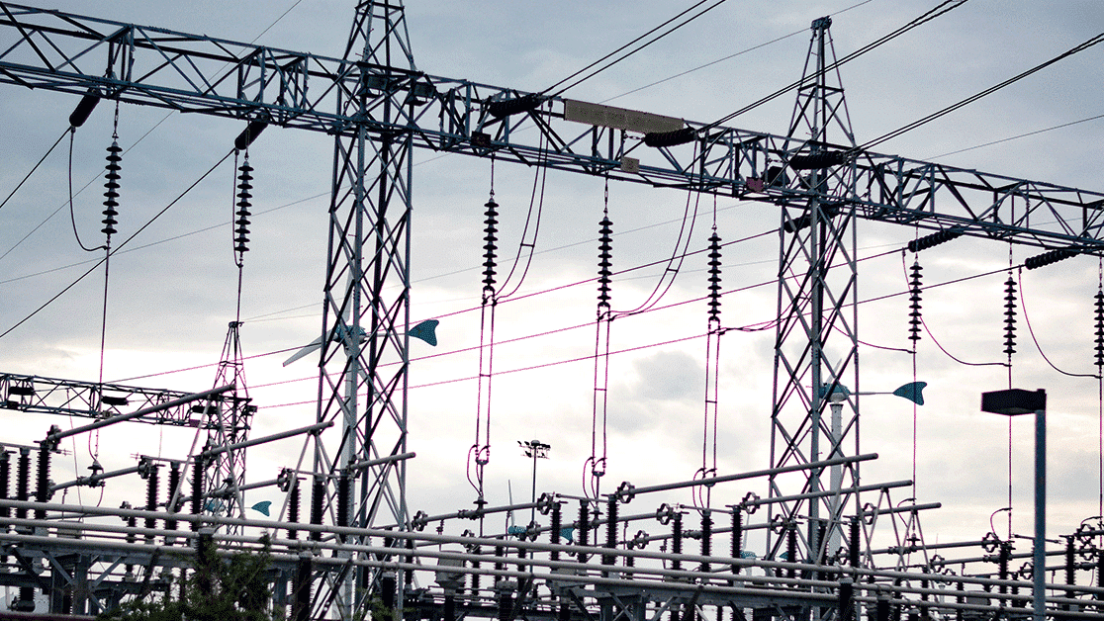Parliament agrees on expansion of renewable energies

Die beiden Kammern des Parlaments haben ihre Differenzen zum Bundesgesetz über eine sichere Stromversorgung mit erneuerbaren Energien bereinigt. Damit sollen Wasser-, Wind- und Solarkraft künftig verstärkt ausgebaut werden können.
On 26 September, the National Council cleared the way for an agreement with the Council of States on the federal law on a secure electricity supply with renewable energies. The so-called Energy Decree sets binding target values for the expansion of renewable energies and extends previously limited support instruments. Special emphasis is placed on securing the electricity supply after the phase-out of nuclear power and, in particular, on the electricity supply in winter.
Lastly, Kurt Egger (GP/TG) had cleared the way for agreement. According to the minutes of the National Council, he withdrew a motion by the minority that would have prescribed the construction of photovoltaic systems on new car parks from a size of 500 square metres from 2030. Egger also regretted that the new law only stipulates a solar obligation for new buildings from a floor area of 300 square metres.
Previously, the Council of States had accommodated the large chamber. For example, less residual water in hydroelectric power plants may only be permitted if there is an imminent shortage of electricity. The small chamber also approved the introduction of a market for energy efficiency measures proposed by the National Council.
Federal Councillor Albert Rösti thanked both chambers for their ability to compromise. He said he hoped that Parliament had thus achieved a “medium level of satisfaction” on all sides. He said that the law would lead to Switzerland generating 3 to 5 terawatt hours more winter electricity in the next five to ten years. “Then we will be back on the safe side,” Rösti said. But this would require new hydropower projects, namely Grimsel, Trift and Gorner, as well as alpine solar plants.
The new federal law is to come into force on 1 January 2025. But the political debate continues. Kurt Egger pointed out that the Greens would launch their solar initiative for compulsory solar energy on roofs and facades of new buildings.